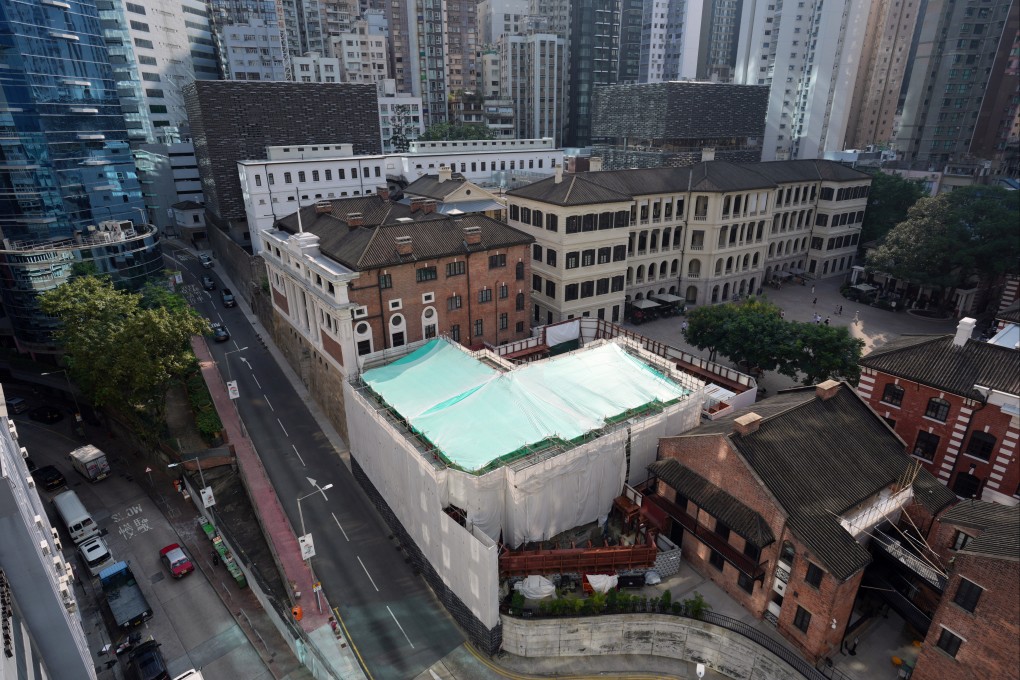Letters | Reshape how Hong Kong preserves historic buildings
Readers discuss the conservation of a historic block at Tai Kwun, crowd control measures during festivals, and the significance of the arrival of two new pandas

The system is currently based on the principle of outsourcing. The government outsources the preservation of historic buildings to partner non-profit organisations. In so doing, the government can limit its spending on the maintenance of these buildings while enabling them to be revitalised into spaces that meet various purposes.
While the system might seem to work well, the appropriate preservation of buildings of public interest relies on the self-regulation of these organisations. The recent controversy reveals the lack of public participation in the system.
First, as the Tai Kwun Block 4 episode has shown, the public has no say in what happens to historic buildings.
The system prioritises the views of those with professional qualifications. As a result, the determination of what is best for a historic building is largely dependent on Antiquities Advisory Board members. This is not to question the expertise of the board members, but their views might not always be accurate and unified.
